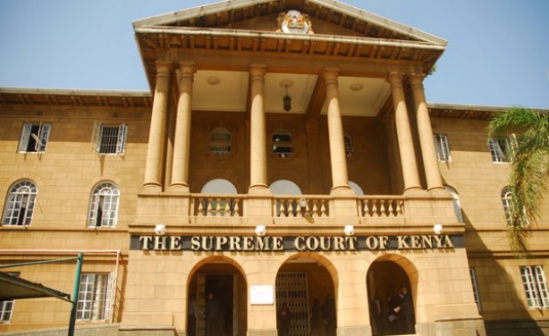
Courts generally do not legislate. Parliament does. But when Courts formulate principles of law, akin to legislation, Parliament may, if displeased with the Court’s reading of a statute, intervene and provide an interpretive guidance or even reverse the rule developed by the Court while staying within the remit of the constitution.
Indeed, this is a well settled position. In the United States for instance, Chief Justice John Roberts while responding to a question during his confirmation hearing before the Senate Judiciary Committee in September 2005 was categorical that; “The final say on a statute is with Congress, and if they don’t like the Supreme Court’s interpretation of it, they can change it.” Unsurprisingly, the US Congress has on several occasions reversed the findings of its Supreme Court.